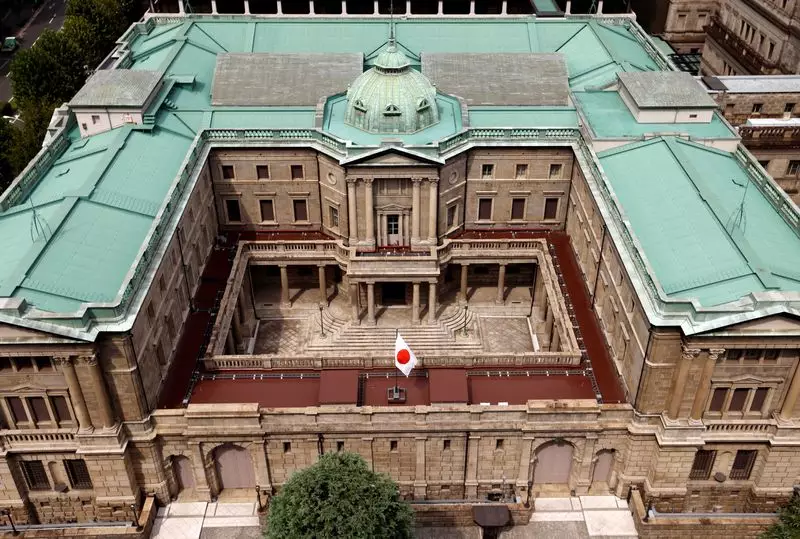As the world navigates through various economic uncertainties, Japan stands at a pivotal junction regarding its monetary policy. The Bank of Japan (BOJ) is widely anticipated to uphold its ultra-low interest rates during its forthcoming meeting, reflecting a cautious stance towards unwinding its extensive monetary stimulus. The implications of recent political developments, including the ruling coalition’s loss of a majority in a recent election, cast a long shadow over economic predictions and policy effectiveness. Concerns about policy paralysis have intensified, prompting analysts to advocate for careful navigation ahead of future rate adjustments.
The political landscape following the election results is marked by instability, which undoubtedly affects economic dynamics. The concerns surrounding potential policy inaction are compounded by the fragile state of Japan’s economic recovery. Economists argue that while inflation pressures remain subdued, this delicate recovery environment demands the BOJ exercise caution in its policy maneuvers. Naomi Muguruma, chief bond strategist at Mitsubishi UFJ Morgan Stanley Securities, articulates this sentiment, emphasizing the need for the BOJ to act judiciously in light of domestic political unrest. A rapidly weakening yen could exacerbate inflationary risks, necessitating a swift response from the central bank. Thus, the BOJ faces a challenge in balancing political pressures while maintaining economic stability.
The BOJ’s current strategy centers around keeping short-term interest rates pegged at 0.25%. This decision reflects broader economic considerations and a commitment to fostering a conducive environment for recovery. Analysts predict no substantial shifts in the BOJ’s inflation projections, which remain around the 2% mark. However, the central bank’s approach could become increasingly tentative as it grapples with conflicting pressures from domestic politics and international market conditions. Speculative trading in response to perceived dovish signals from the BOJ could further destabilize the yen, which remains a crucial factor in international trade considerations.
Compounding domestic challenges, the BOJ remains alert to global economic trends. Recent remarks from BOJ Governor Kazuo Ueda point to a cautious optimism regarding the global economy, yet he acknowledges the overarching risks posed by potential recessions in larger economies such as the United States. The juxtaposition of a cautious domestic outlook with positive global indicators creates a complex tapestry that the BOJ must navigate thoughtfully. Ueda’s communication strategy is crucial; he must underscore the commitment to gradual rate hikes while also addressing the inherent volatility present in global markets.
At the two-day meeting concluding Thursday, the BOJ is expected to tread carefully around policy declarations. Market stakeholders will keenly observe the nuances in Ueda’s statements during the subsequent press conference, particularly in regard to guidance on future policy trajectories. The potential for modifications in language concerning economic and price conditions hints at a desire to provide more clarity amidst uncertainties. An insightful adjustment in the report may reassure markets of a stable approach while allowing for flexibility in response to evolving economic metrics.
The BOJ stands at a crossroads, tasked with formulating a monetary policy strategy that acknowledges both domestic political realities and international economic conditions. While the central bank aims for a recovery trajectory well-aligned with its inflation expectations, it must also consider how its decisions impact the yen’s strength and overall economic health. As Ueda navigates this multifaceted landscape, the BOJ’s ongoing messaging will be critical in preserving confidence among economists and the public alike. Monitoring these developments will be essential as Japan attempts to reclaim a stable economic footing amid an array of external pressures and internal challenges. As analysts predict, although a hike is unlikely this year, the possibility looms for March, setting the stage for intensive scrutiny of subsequent developments.

